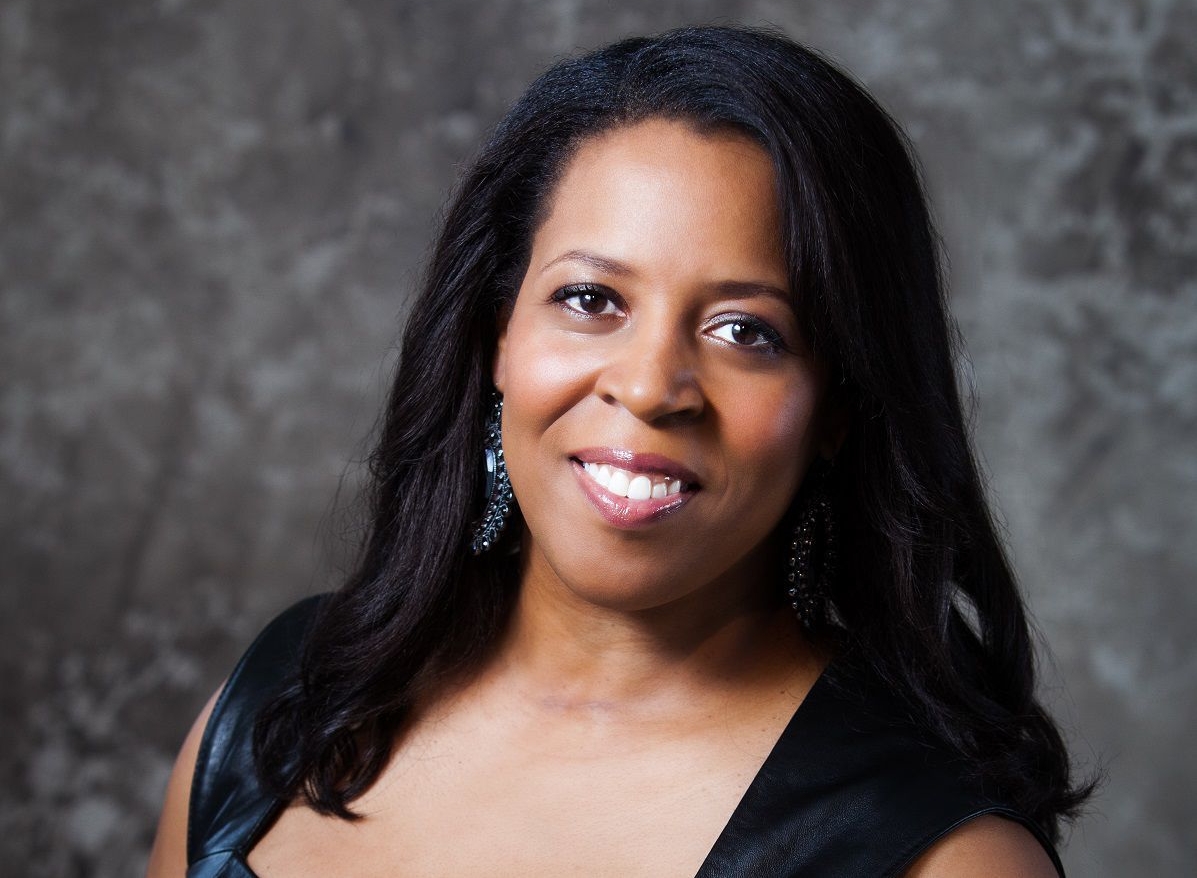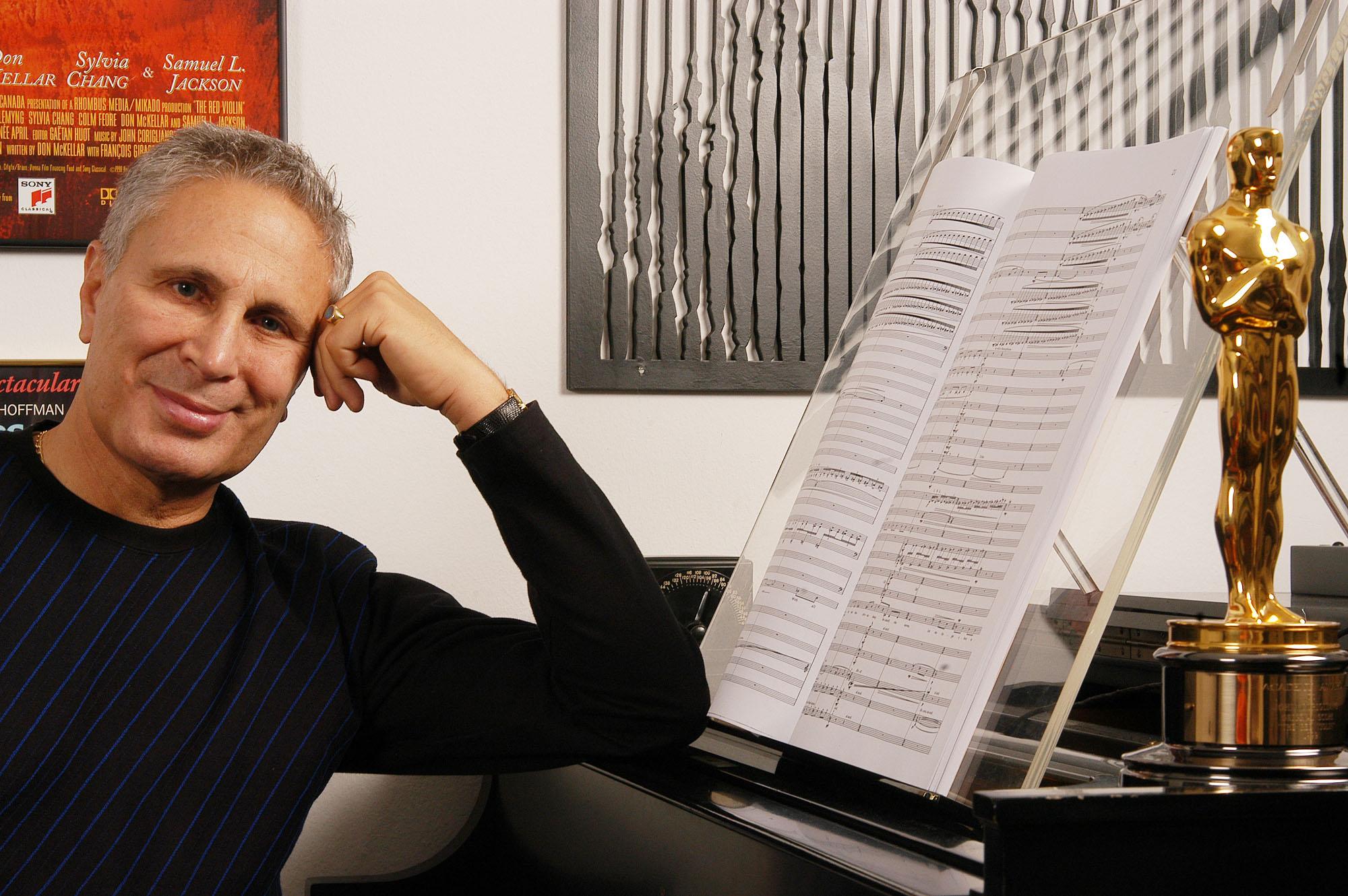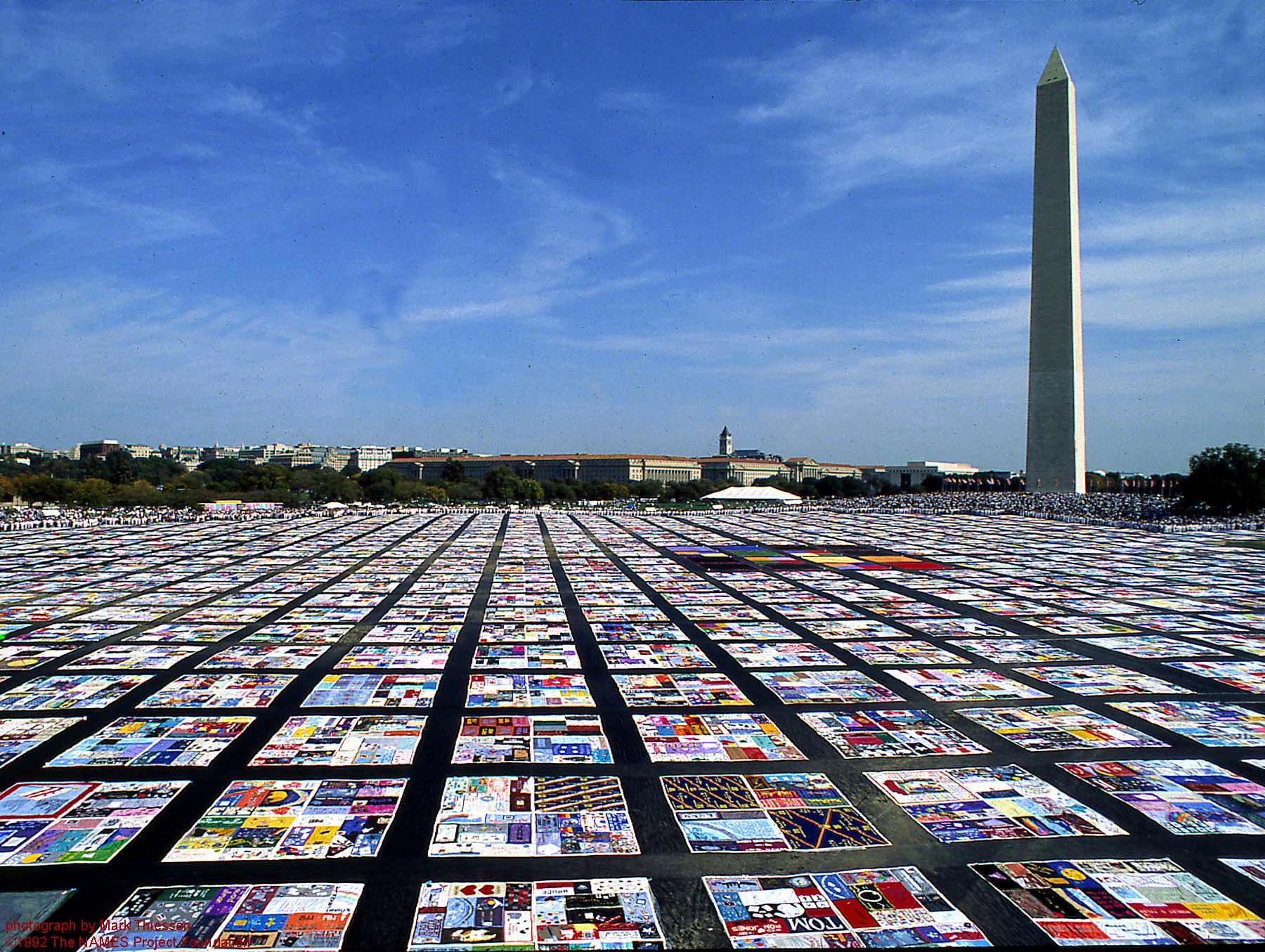
A visionary composer, flutist, and entrepreneur, Valerie Coleman has made significant contributions to modern music. From being named 2020 Classical Woman of the Year (Performance Today) to receiving a nod as one of the Top 35 Woman Composers in Classical Music (Anne Midgette, Washington Post) and a Grammy nomination, Coleman has earned high acclaim, and for good reason.
Born in Louisville, Kentucky in 1970, Coleman had an interest in composing music from an early age. She began formal music education at age 11, and started writing symphonies on a portable organ. Advancing her hobby, by the age of 14 she had written three full-length symphonies and won local and state competitions. She studied music at Boston University and earned a Master's degree in flute from Mannes College of Music. Debuting as a flutist/composer at Carnegie Hall, Coleman has since regularly performed at major music halls across the United States and has collaborated with other performers including Yo-Yo Ma, Chick Corea, Paquito D'Rivera, David Shifrin, Orion String Quartet, Harlem Quartet, Miami String Quartet, Dover Quartet, Wu Han, and many more. With enormous interest in her work as a composer, many orchestras, ensembles, associations, and festivals have commissioned her work; notably, Coleman became the first African-American woman to be commissioned by the Philadelphia Orchestra and the Metropolitan Opera.
Coleman's composition style infuses modern orchestration with jazz and Afro-Cuban traditions, ideas, and social commentary. She incorporates poems and speeches from such diverse figures as African American poet Margaret Danner, Cesar Chavez, Robert F. Kennedy, and A. Philip Randolph in some of her works. Josephine Baker: A Life of le Jazz Hot celebrates the life of Josephine Baker. She honors "the legacy of Native Americans and former African slaves (adopted into Native American tribal membership through emancipation or marriage)" in a chamber piece and recounts stories of trafficked humans in a flute sonata. Coleman is among the most-played composers living today, and her works are deeply relevant contributions to modern music . Umoja, her signature piece for wind quartet, is named after the Swahili word for unity and is listed by Chamber Music America as one of the "Top 101 Great American Ensemble Works".
Coleman's experiences in music from childhood to college inspired her to establish her own chamber music ensemble, Imani Winds, for which she is the resident composer. Using the name "Imani", the Swahili word for faith, she formed the chamber ensemble with African American woodwind players who might approach the music from a similar cultural background. From its beginning, they focused on repertoire inspired by African, Latin American, and North American cultures, and championed non-European composers that were underrepresented in contemporary music. In an interview with NPR, she recollected, "I used to be in the youth orchestra [as a child], and there were so many African Americans. But somewhere along the line, when I got to college, I was the only one in the orchestra. So I wondered what in the world happened here? It came to my mind that role models are needed."
The ensemble and their music has been met with high honors: winner of the Concert Artists Guild competition, resident-artists of Chamber Music Society of Lincoln Center, and winner of multiple ASCAP awards. The music industry recognized not only the musical qualities of Imani Winds' performances and studio albums, but the significance of their work. NPR Music acknowledged, "Imani Winds' members have earned a reputation for expanding the recorded wind-quintet repertoire, but in a way that's culturally significant." In advocacy and mentorship of emerging artists and ensembles, Coleman created the Imani Winds Chamber Music Festival in 2011, a summer mentorship program, which invites musicians from over 100 institutions around the world to advance their own careers from the ensemble Coleman created with her vision of raising up underrepresented musicians.









